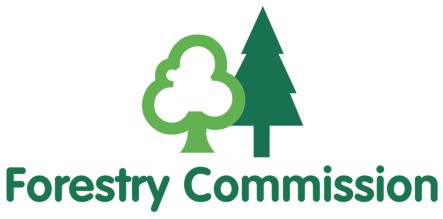Plant Health News issue 51 - June 2024
Updated 13 February 2025
Phytosanitary certificates required for imports from North America
Historically, the UK has accepted industry issued certificates (‘mill certificates’) as proof that coniferous wood, including western red cedar, from Canada and the USA complies with UK import conditions such as heat treatment and heat treatment with kiln drying, debarking and grub hole control. Traders in the USA have provided phytosanitary certificates for imports for several years with traders in Canada continuing to provide mill certificates.
The previous EU derogations do not meet the current UK landing requirements. This means that all industry/mill/heat treatment EU derogation certificates, issued by traders in Canada, for the export of conifer wood (heat treatment and heat treatment and kiln drying) including western red cedar (Debarking and Grub Hole Control certificates), will not be accepted in Great Britain after Friday 28 June 2024.
Any loads of regulated wood from Canada or the USA, which will land in Great Britain after 28 June 2024, will need to be accompanied by a phytosanitary certificate. Any loads not accompanied by a phytosanitary certificate could be re-exported.
Phasing of checks on wood, wood products and bark from Ireland into West Coast ports
Pre-notification requirements came into force on 31 January for regulated EU Phytosanitary goods that enter Great Britain via the West Coast ports.
An exception is being made for physical checks on high-risk goods that arrive from Ireland and non-qualifying goods from Northern Ireland into West Coast ports. Physical checks on goods arriving at West Coast ports will not begin until at least 31 October 2024, including checks on all regulated wood, wood products and bark from Ireland.
Professional operators
If you, or your business, want to import or export regulated wood, wood products and isolated bark within Great Britain you must be registered with the Forestry Commission as a professional operator.
If you move regulated material within Great Britain you must also be authorised to issue plant passports.
UK legislation requires the use of UK plant passports for the movement of all conifers and Castanea species (including sweet chestnut) with bark and isolated bark of these species, including when mixed with bark from other species or other material.
UK legislation requires the use of UK plant passports when moving Juglans (walnut), Platanus (plane) and Pterocarya (wingnut) (with or without bark) and isolated bark of these species (except the isolated bark of Platanus), including when mixed with bark from other species or other material.
Find out how to register as a professional operator.
Applying for an export phytosanitary certificate
When applying for a phytosanitary certificate, you must ensure that you allow enough time for your application to be processed before it leaves Great Britain. These timescales are:
- 5 working days before you export sea freight
- 2 working days before you export air freight
This is so we can consider your application, arrange an inspection and prepare a certificate.
Some consignments might need inspections before they can be exported. For example, unprocessed wood because it can be a higher risk of introducing pests and diseases.
If you do not apply with enough time, your export may be delayed. You cannot retrospectively apply for a phytosanitary certificate for consignments that have already been exported.
Full details about applying for a phytosanitary certificate can be found on Export wood, wood products and bark from Great Britain.
Contact details for Border Inspections
Importers and their agents should note there are some changes to plant health inspectors at the main points of entry and should check this list for the current Plant Health Forestry contact details.
We will be making further changes to how this information is presented in the coming months, so you are encouraged to visit Plant Health News regularly to ensure you have the latest details.

